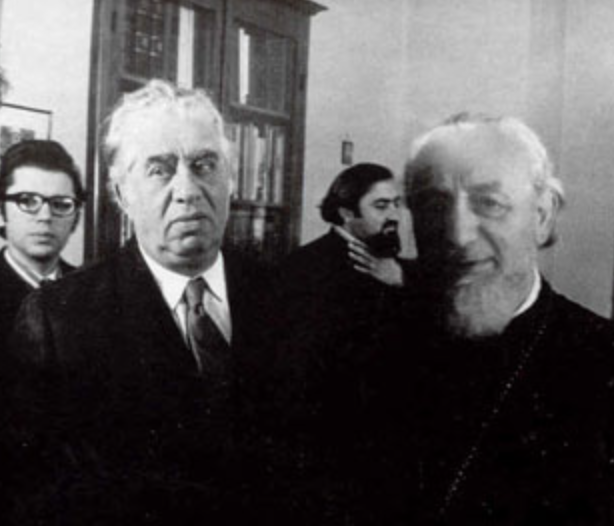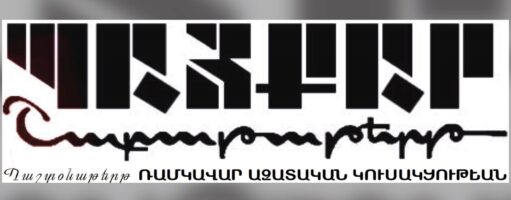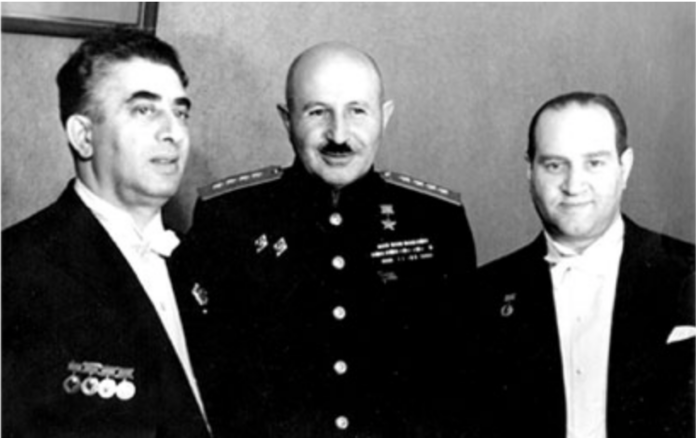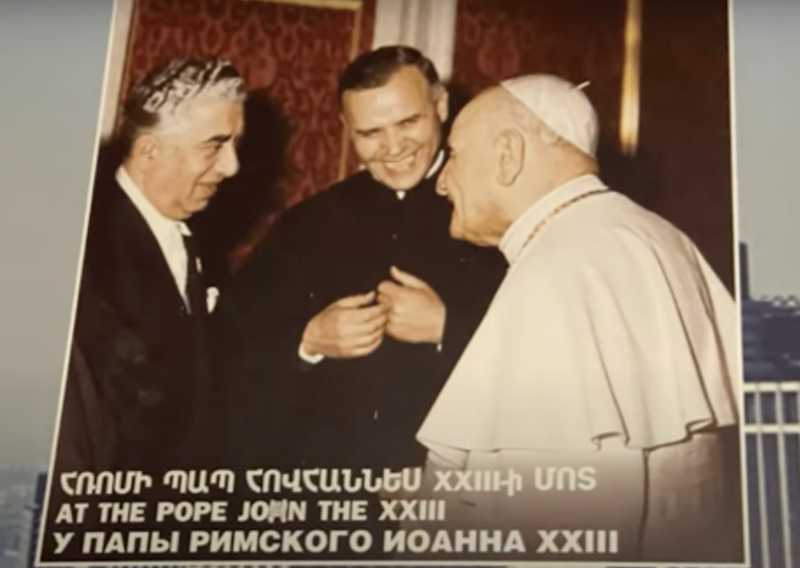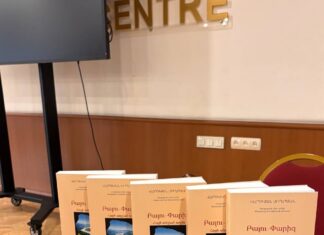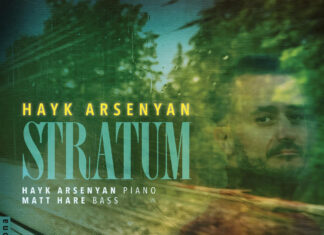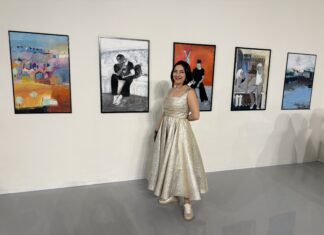WASHINGTON — A year and a half before he passed away, Aram Khachaturian decided that he wanted musicologist and researcher Victor Yuzefovich to write a book about him. Dr. Yuzefovich, now a resident of Virginia, told me about his encounter with the greatest of all Armenian composers in 1977.
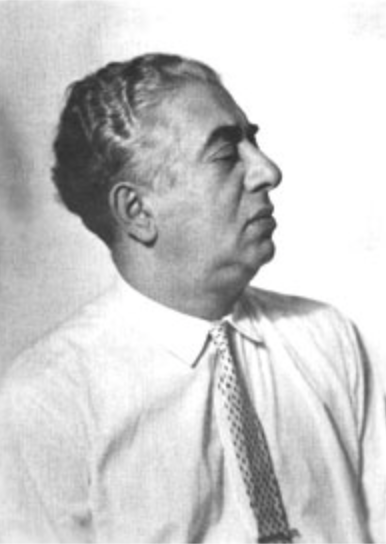
“Aram Ilyich returned from West Germany, where he saw my book published there about our great violinist David Oistrakh. Aram Khachaturian (1903-1978) and Oistrach (1908-1974) were workmates and friends. The Armenian composer dedicated to Oistrach his violin concerto.
I was working at the musical journal Sovetskaya Muzika [Soviet Music] in those days. He came to our office and said: ‘I saw your wonderful book. Need one like that about me,’ recalled Yuzefovich.
The musicologist remembers their talk nearly by heart: “Aram Ilyich,” answered Dr. Yuzefovich, “today you are in Paris, tomorrow in London, the following day in Yerevan. How can we work on this book, assuming that it requires many hours of meetings with you?”
“I will make those meetings happen,” replied the Armenian composer. “Later I understood that not only did he like the Oistrakh book, but he also wanted to share his experience and thoughts. He knew that his health conditions were worsening, and he wanted to make this happen.” said Yuzefovich.
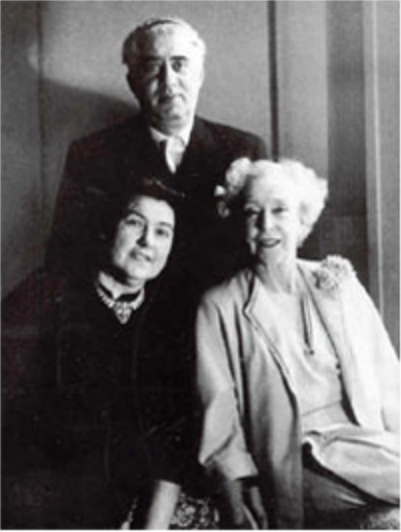
They held a series of meetings at Khachaturian’s Moscow house during which the composer was patiently answering the numerous questions Yuzefovich had prepared for him. Most recently, the great composer lost his wife Nina Makarova, also a composer, and deeply felt this loss. Because of worsening health conditions and migraines, sometimes he would wear a hat and turn up the collars of his jacket in the street so that people wouldn’t recognize him. “Khachaturian, usually a cheerful person, was pursuing an isolating life,” recalls Yuzefovich.
